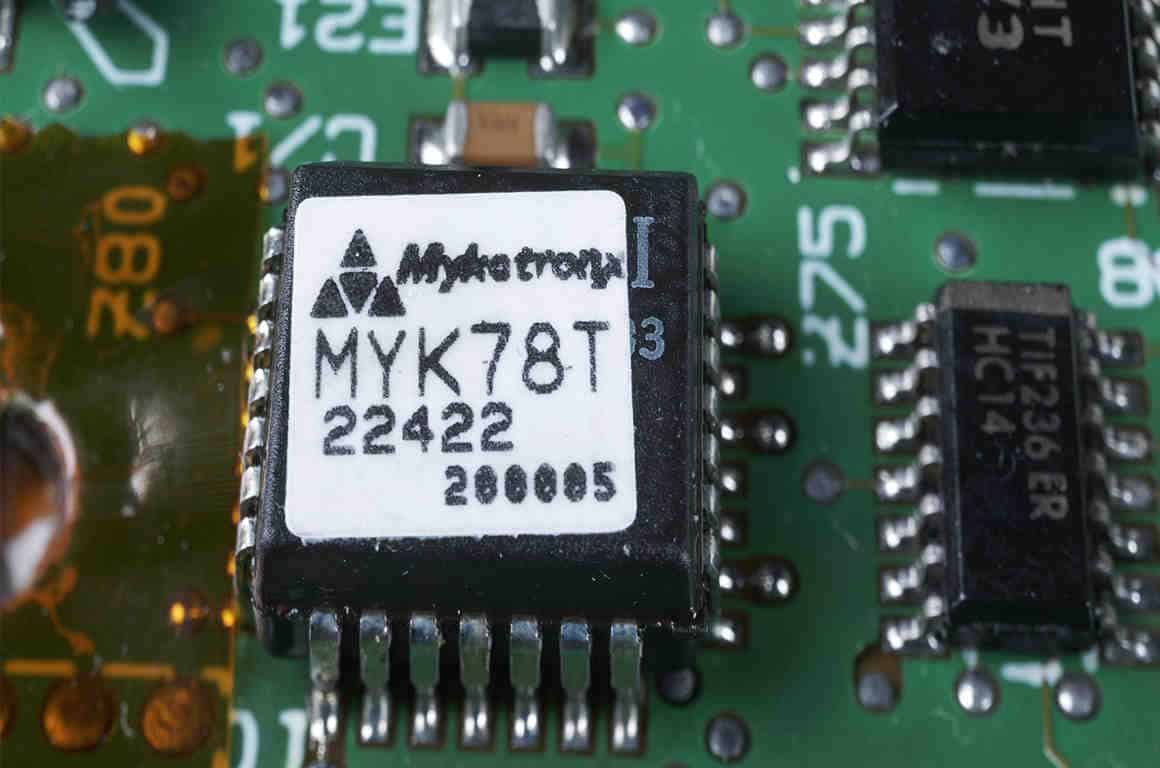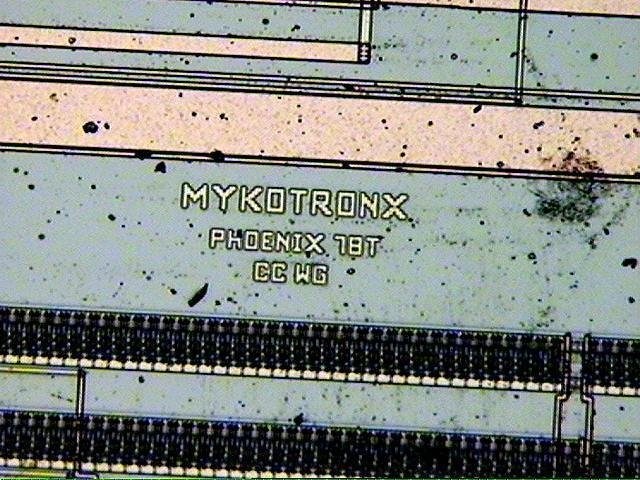It was called Clipper, and was one encryption chipset developed and supported by the US government for a few years, from 1993 to 1996. The ancient project is a warning for all security professionals and some policy makers.
As for the second group, the lesson taught by Clipper seems to have been forgotten, according to Matt Blaze, McDevitt Professor of Computer Science and Law at Georgetown University in the US. His statement was made at congress security USENIX Enigma yesterday in San Francisco.

But let's remember the story a little:
Clipper was one of her endeavors NSA to create a secure encryption system, which would address phones and other tools. The NSA encryption chipset could be bypassed by the US intelligence service if needed. Since its construction, the microchip contained an 80-bit key. The US government also had a copy of the key. Thus, any data encrypted by the chip could be decrypted if the government needed it. The key exchange algorithm was then used Diffie-Hellman for secure data exchange between devices.
This project faced very harsh criticism from security and privacy advocates who from the first days of the World Wide Web, saw the huge danger of the chipset:

If anyone outside the US government could find the keys or guess them, all Clipper-secured devices would be vulnerable to eavesdropping.
The years that followed the Clipper revelation were a period dubbed the “crypto wars.” The first flash of the chipset slowly faded and was forgotten, while the encryption with for mobile devices to report the instead of hardware increased and led to the relaxation of government restrictions on the sale and use of the Clipper.
Blaze added something that is valid today, in the years 2020:
The pace of innovation and the unpredictability of how technologies are evolving make it extremely difficult to legislate an approach to encryption and backdoors. In other words, the security mechanisms that are required by law today, such as another eavesdropping system, could break in a few years, leading to disaster.
Today's technological advances, Blaze said, undermine the whole concept of backdoors and basic encryption.
The FBI and Trump administrations (and Obama before that) really want such a system, but they have to learn from history.
"The FBI is the only organization on Earth that complains that computer security is very good"
"If another basic eavesdropping mechanism were developed with the ignorance that Clipper was designed for in the 1990s, we would see it after ten years and it would seem just as ridiculous."





